Clinical trials for Leqembi (generic name: lecanemab) and Kisunla (generic donanemab) have shown some promise for early-stage Alzheimer’s patients, but many questions remain. Real-world data collection is essential to address these uncertainties:
- Optimal Treatment Timing:
- Current Knowledge: In donanemab trials, treatment stopped when brain markers reached a certain level.
- Unknowns: How long does it take for these markers to return? If they do, will patients need retreatment? If they need retreatment, when is it best to do so?
- Side Effects:
- Current Knowledge: Both drugs can cause ARIA (brain swelling or bleeding). In trials, 22% of lecanemab and 37% of donanemab patients experienced ARIA, with higher risks for those with the APOE4 gene.
- Unknowns: We need more data on ARIA’s frequency, duration, and risk factors in the general population, in order to better answer the question, “What’s the best approach to manage these side effects?”
- Long-Term Effects:
- Current Knowledge: We only have data for up to 36 months, and trials didn’t reflect real-world diversity.
- Unknowns: We need to understand long-term impacts across different ages, ethnicities, and health conditions. How do doctors take these real-world conditions into consideration when dosing and administering these drugs?
These treatments are likely to be costly, making it challenging for governments and insurance companies to approve them without more comprehensive data.
Collecting real-world data is crucial to complement these new drugs, resolve these uncertainties, and ensure these treatments reach those who need them.


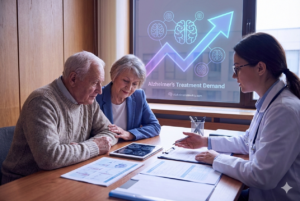
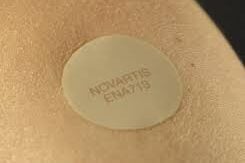
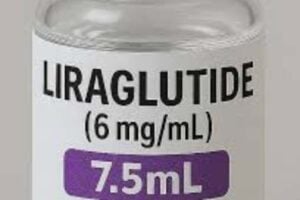
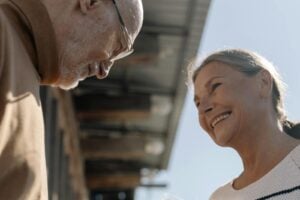





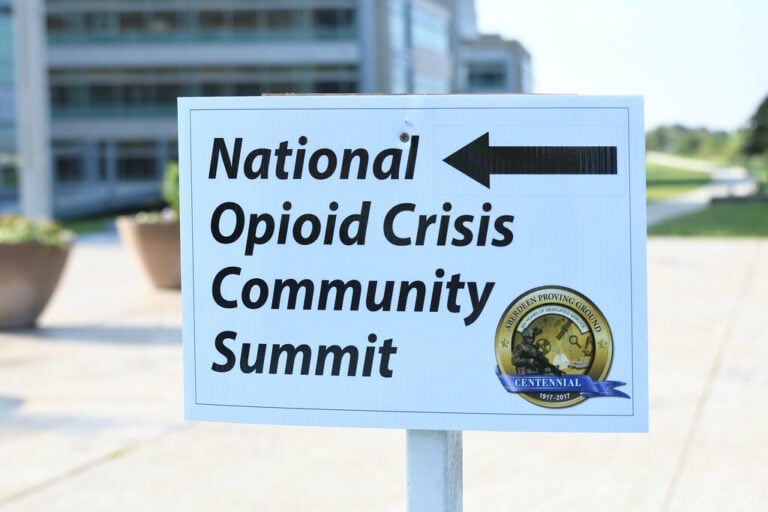
If scientists found a way to kill the herpes virus, I really think Alzheimer’s would go down more than just taking the current anti viral medication. The current anti viral medication only stops the virus from multiplying.
Of course that’s probably not an easy task to do.